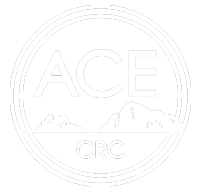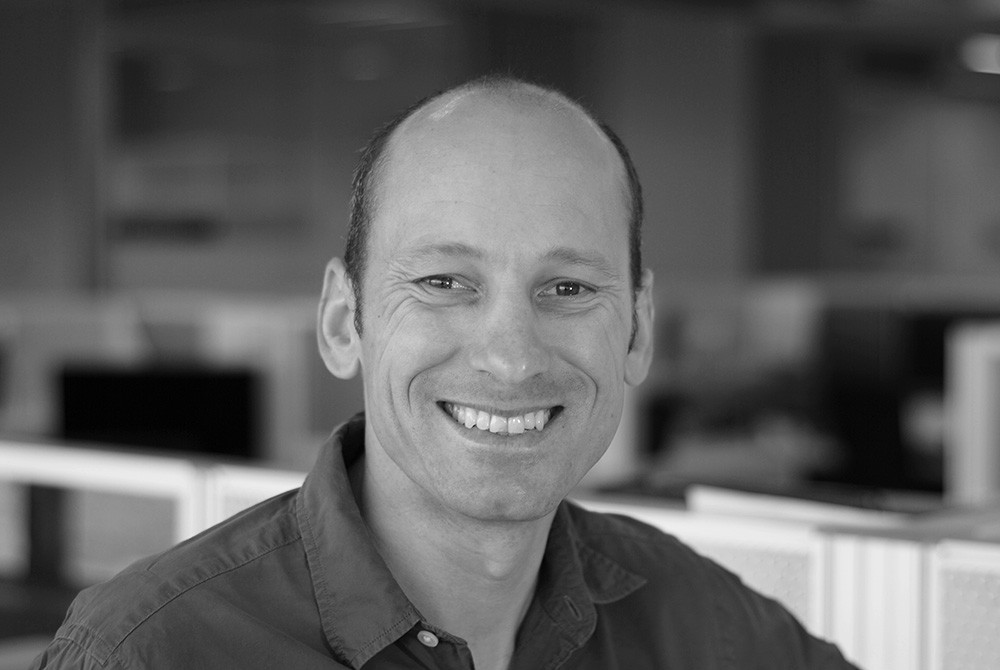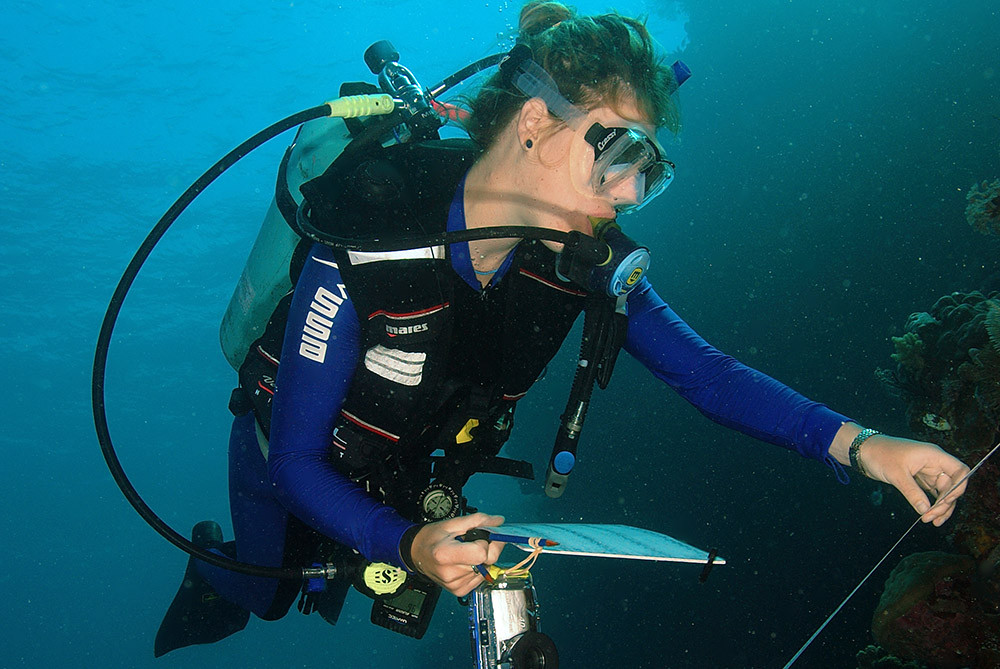ACE NEWS - APRIL 2015
Our newest recruits
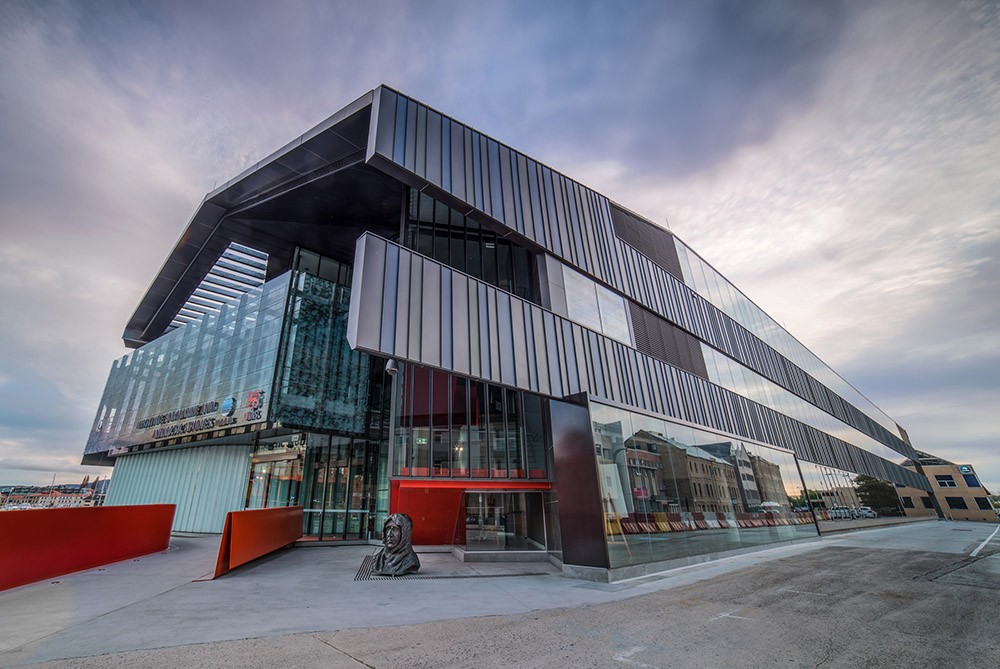
The past few months have been an exciting and busy period of recruiting at the ACE CRC. Thirteen new scientists have joined our ranks – with two more to come – significantly boosting research capacity across our project portfolio.
We were extremely pleased with the strong international interest in all of the new positions. It was another great reminder of Hobart’s global reach and growing reputation as a centre of excellence in polar, climate and marine science.
We are also very pleased that half of our new recruits are women, underlining the commitment of the ACE CRC to providing opportunities for women pursuing a career in science.
All of our new staff bring new knowledge, ideas and professional networks to the ACE CRC that will help us deliver on an ambitious and challenging research program. The work we are doing at the ACE CRC is globally important and we now have the best possible people on the job. We are looking forward to the new discoveries and the valuable contributions each of them will make.
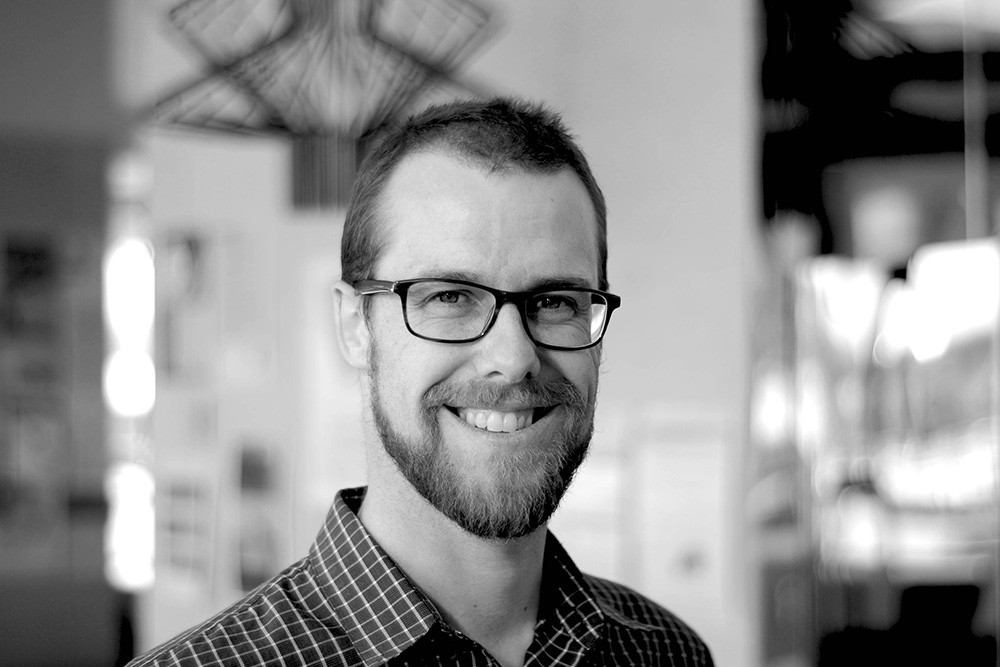
Dr Laurence Clarke
Molecular Ecologist
Laurence joins ACE after a post-doctoral fellow on the Environmental Genomics project at the Australian Centre for Ancient DNA, where he led a group using environmental DNA approaches and high-throughput sequencing to perform biodiversity surveys in aquatic and terrestrial ecosystems. His research uses genetic approaches to inform management of biodiversity in the face of threats such as invasive species, habitat fragmentation and climate change.
He is a member of the Biological Responses to Environment Change and the Status and Trends in Habitats, Key Species and Ecosystems project teams.
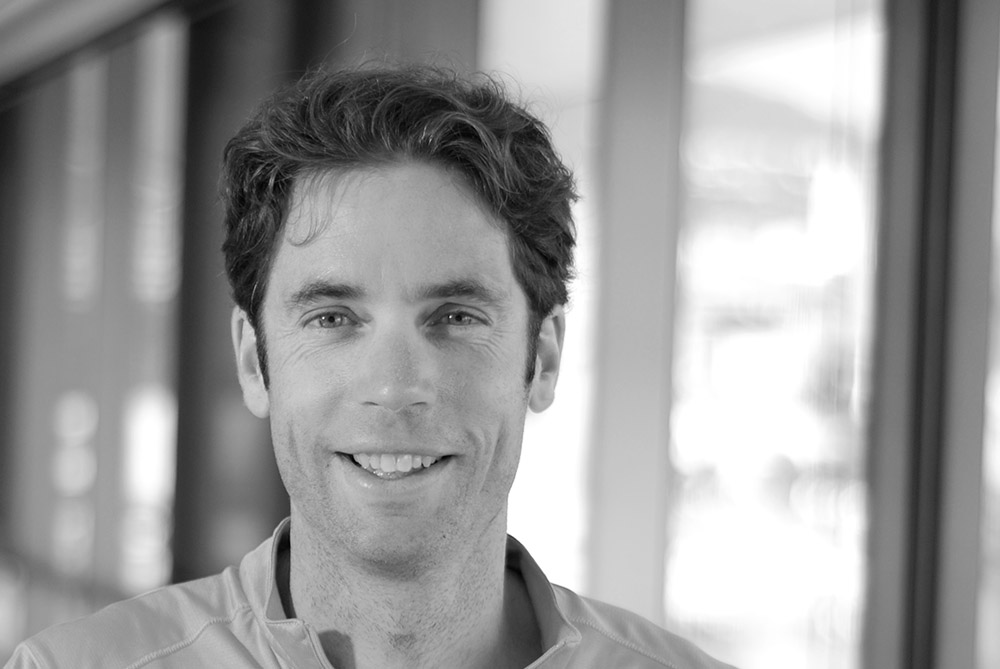
Dr Stuart Corney
Ecosystem Modeller
Stuart has worked for us a number of years on previous projects including Climate Futures for Tasmania. In his new role, Stuart is working as as a physical and ecosystem modeller leading the development of a suite of models that investigate changes to the marine ecosystem of the East Antarctic region of the Southern Ocean.
He is a member of the Biological Responses to Climate Change and the Status and Trends in Habitats, Key Species and Ecosystems project teams.
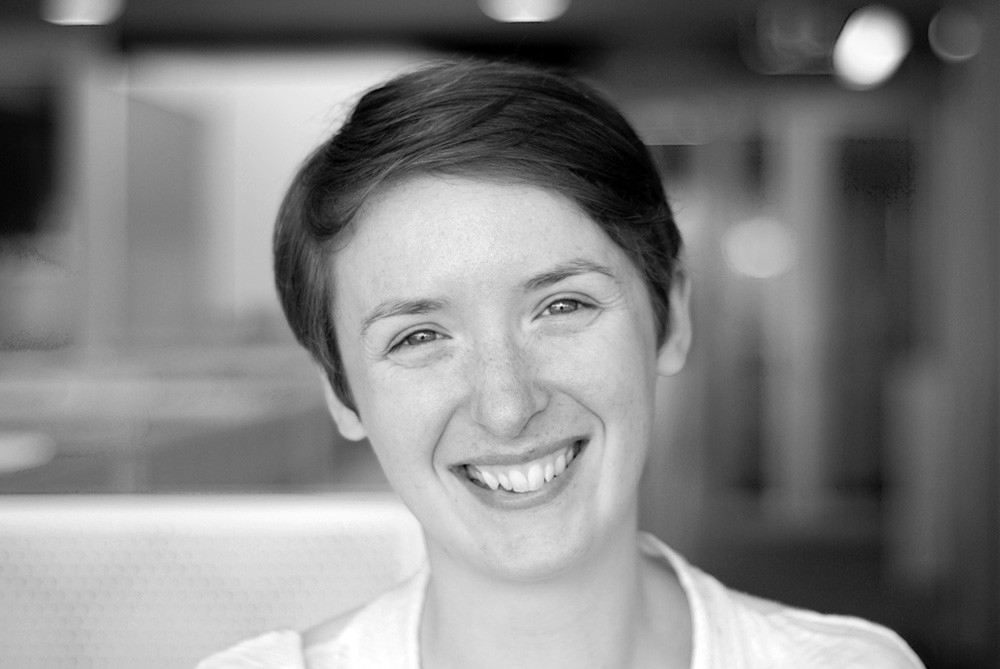
Dr Susan Cook
Ice Shelf Glaciologist
Sue’s main research interest is the calving of icebergs, and its impact on wider glacier dynamics, investigated by the numerical modeling of ice flow. She comes to ACE from the University Centre in Svalbard, Norway, where she was a postdoctoral researcher on the SVALI project to study calving processes in tidewater glaciers on Svalbard.
As part of the Ocean Forced Evolution of the Antarctic Ice Sheet project team, she will be examining the impact of ocean melting and its influence on ice shelf stability.

Dr Stephanie Downes
Oceanographer
Stephanie comes to ACE via the Australian National University’s ARC Centre of Excellence for Climate System Science, where her research focused on climate modelling, including co-leading the Southern Ocean evaluation of CORE-II climate models.
Her research with the ACE CRC aims to identify mixing hot spots across the Antarctic Circumpolar Current region, and to describe how, why and where the water mass layers interact on a regional scale.
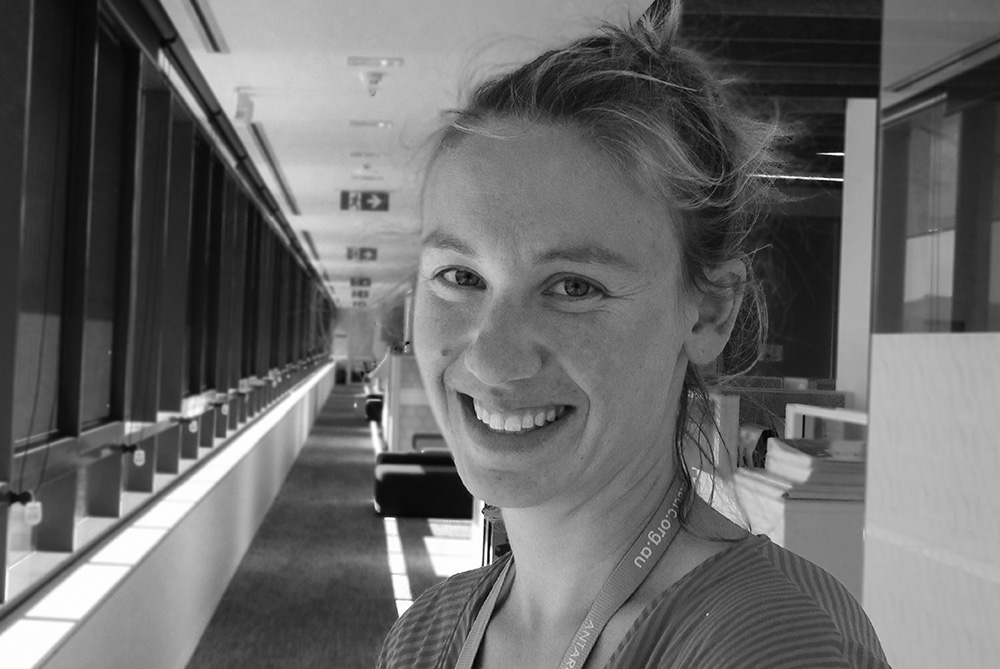
Dr Melanie East
Trace Element Marine Analytical Chemist
Melanie comes to us from the University of Otago where she completed a PhD in Marine Biogeochemistry. Her experience in trace metal clean techniques and field experience will make her a key member of the Carbon Uptake and Chemical Change project, providing support to research projects examining trace element biogeochemistry in the marine and sea-ice environment.
Dr Will Hobbs
Physical Oceanographer
Will is a familiar face to many in the University of Tasmania’s Waterfront Building, and a welcome addition to the ACE team. Most recently he has been working with the Institute of Marine and Antarctic Studies on the detection and attribution of observed changes in the global ocean. His primary area of focus is changes in Antarctic sea ice extent and the role of ocean heat uptake in the global energy balance from models and observations.
He is a member of the Sea Ice Processes and Change project team.
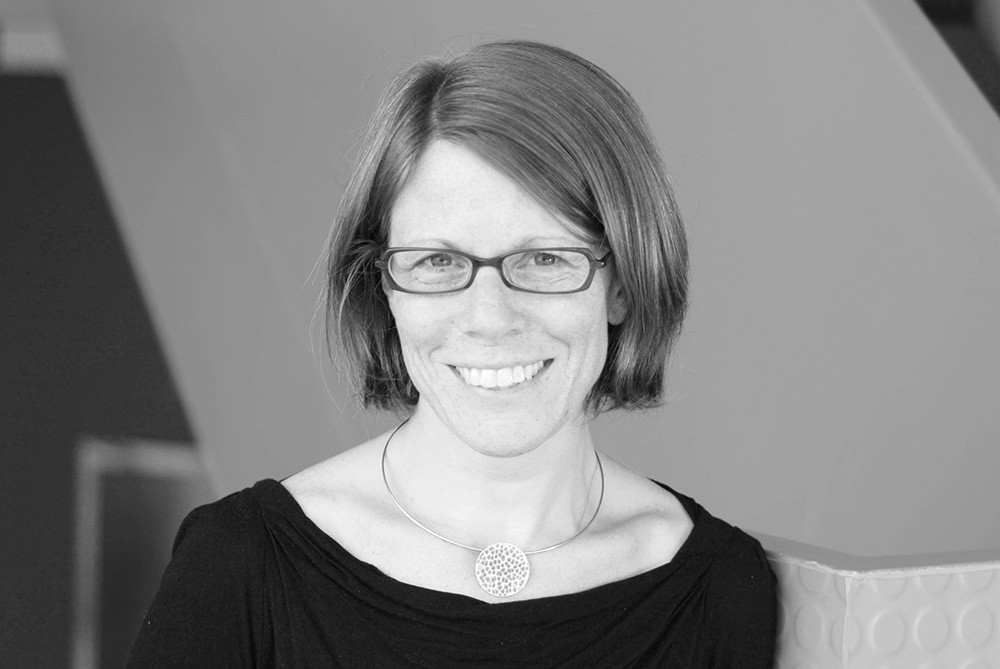
Dr Kristen Karsh
Marine Microbial Physiologist
Kristen comes to ACE from the United States, where she received her PhD in marine biogeochemistry through a joint program between Princeton University and the University of Tasmania.
She studies cellular-scale processes that influence the local, regional, and global environment. Her research background lies in using stable isotopes to study the marine nitrogen cycle, and in studying how marine phytoplankton generate the stable isotope signals we observe.
Kristen joins the Biological Responses to Climate Change project team.
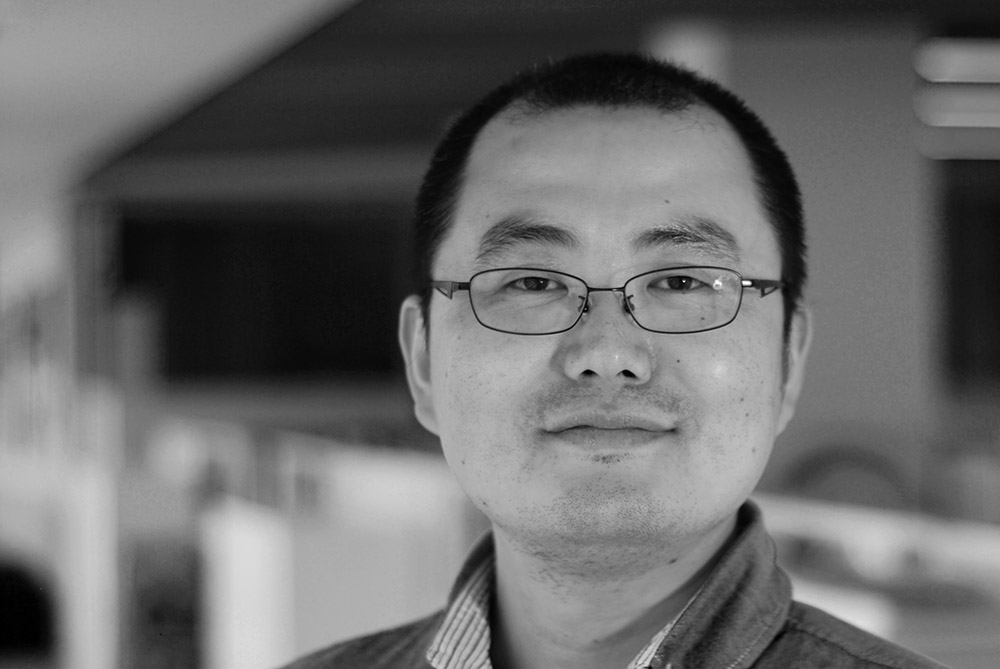
Dr Kazuya Kusahara
Sea Ice Physicist
Kazu comes to us from Hokkaido University’s Institute of Low Temperature Science – an important ACE international partner – where he was Project Assistant Professor.
His research interests are numerical modelling of interactions between the Southern Ocean and the Antarctic cryosphere, such as high sea ice production at coastal polynyas and basal melting of ice shelves.
He is a member of the Sea Ice Processess and Change project team.
Dr Kerrie Swadling
Zooplankton & Sea Ice Ecologist
Kerrie comes to ACE CRC from her role as a Senior Lecturer at the Institute of Marine and Antarctic Studies. She has over 20 years’ experience working in Southern Ocean and temperate marine ecosystems, with a particular interest in ecology of pelagic invertebrates.
As a joint appointment with IMAS, Kerrie’s work forms part of a trilateral ecosystems collaboration between Australia, Japan and France. The project aiming to build knowledge of the functioning of Southern Ocean food webs through the detailed study of plankton patterns and processes.
She is a member of the Biological Responses to Climate Change and the Status and Trends in Habitats, Key Species and Ecosystems project teams.
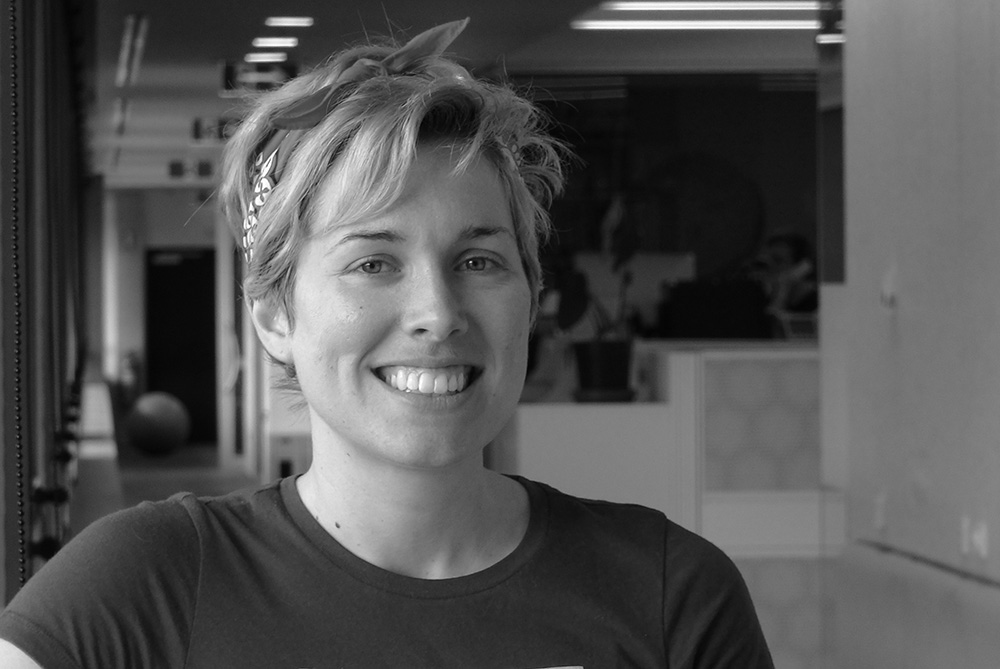
Dr Carly Tozer
Palaeoclimatologist
Carly comes to ACE CRC from the University of Newcastle, where she completed her PhD in hydroclimatology. Her research has focused on the identification of global and local-scale atmospheric and oceanic processes, including those stemming from the Southern Ocean, that drive hydroclimatic variability in Australia.
Carly will be working with the Antarctic Variability of the Past 2000 Years project team on the reconstruction of Australian drought records from Antarctic ice cores.
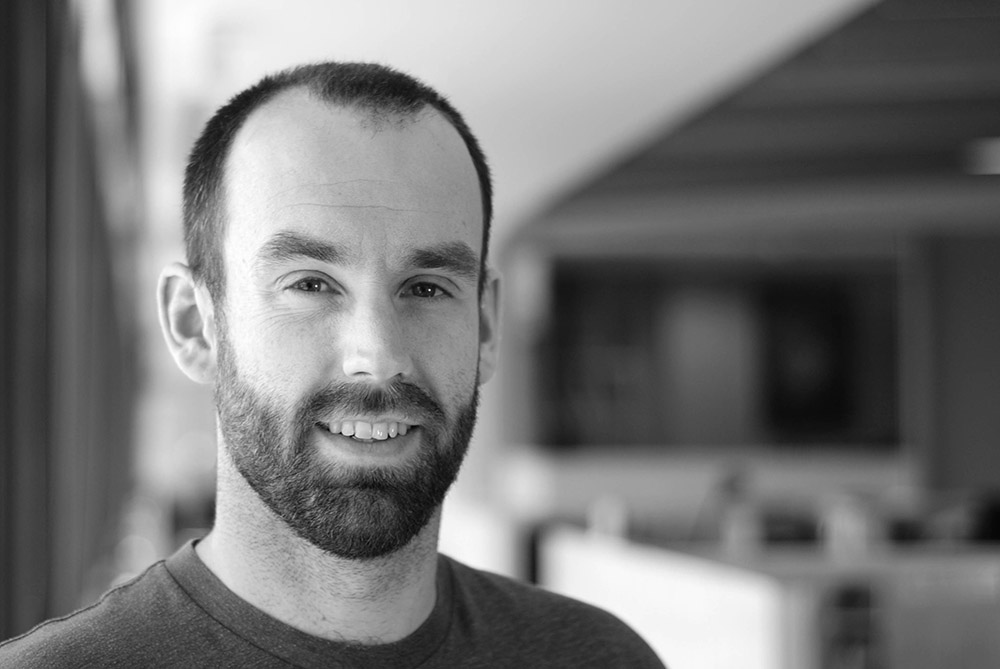
Dr Rowan Trebilco
Ecological Statistician
Rowan comes to us from the Earth to Oceans Research Group at Simon Fraser University in Canada, where he has been working on the structure and function of reef fish communities. He completed an MSc. in Biodiversity Conservation and Management as a Rhodes Scholar at the University of Oxford in 2007. Rowan has spent considerable time in the field, working as a Seabird Biologist for the Tasmanian Government on Macquarie Island.
He is a member of the Biological Responses to Climate Change and the Status and Trends in Habitats, Key Species and Ecosystems project teams.
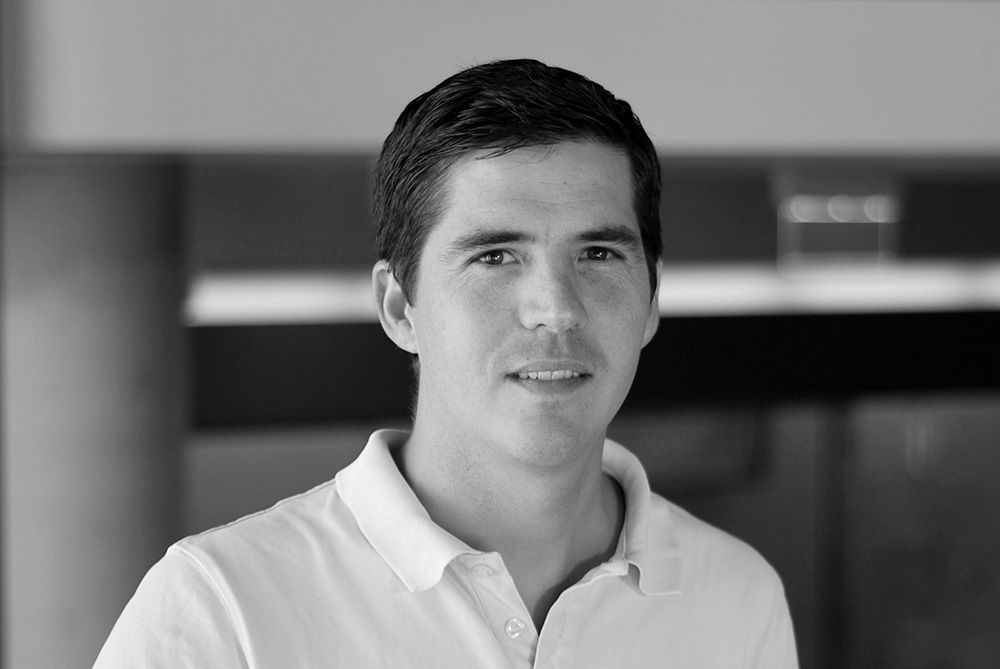
Pier van der Merwe
Marine Biogeochemist
Pier has been with ACE in a non-academic role since 2010 as a Trace Element Analytical Chemist. This year the ACE CRC was pleased to offer Pier a new academic role as a Marine Biogeochemist. As a key member of the Carbon Uptake and Chemical Change project team, Pier’s research is examining how nutrients in the ocean – specifically iron – control phytoplankton growth, with flow on effects for ecosystems and the atmospheric concentration of CO2.
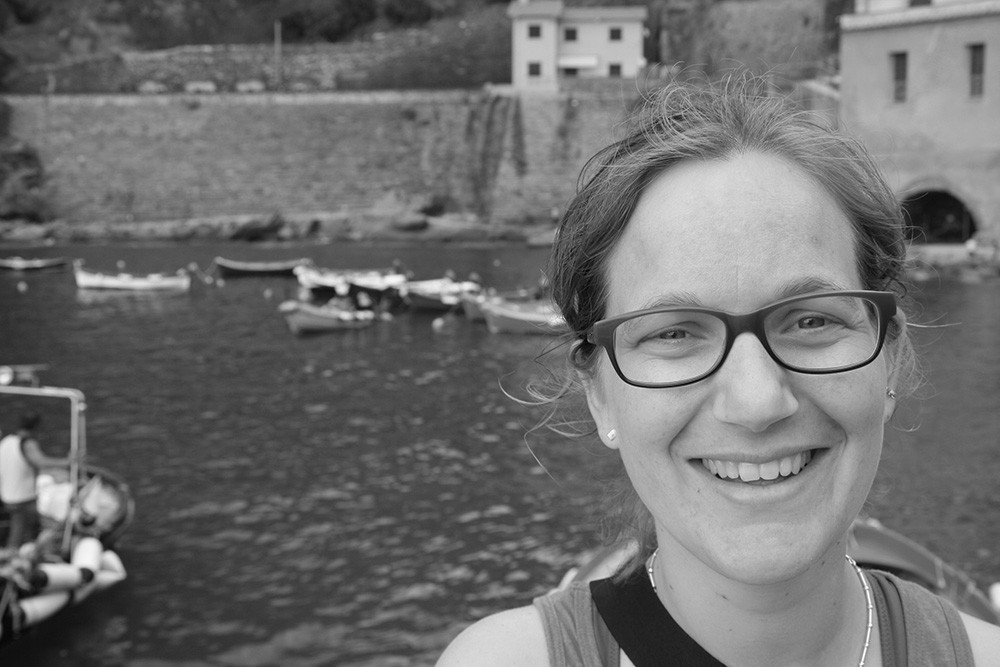
Dr Kathrin Wuttig
Micronutrient Biogeochemist
Kathrin is currently a post-doctoral Investigator and Principal Investigator of the German contribution to SOLAS, Department of Marine Biogeochemistry at the GEOMAR Helmholtz Centre for Ocean Research Kiel. Kathrin’s research interests focus on the bioavailability of various trace metals for marine phytoplankton, including manganese, iron and copper.
As a member of the Carbon Uptake and Chemical Change project team, her work with the ACE CRC will focus on ocean carbon uptake and the connection to these micro nutrients.
